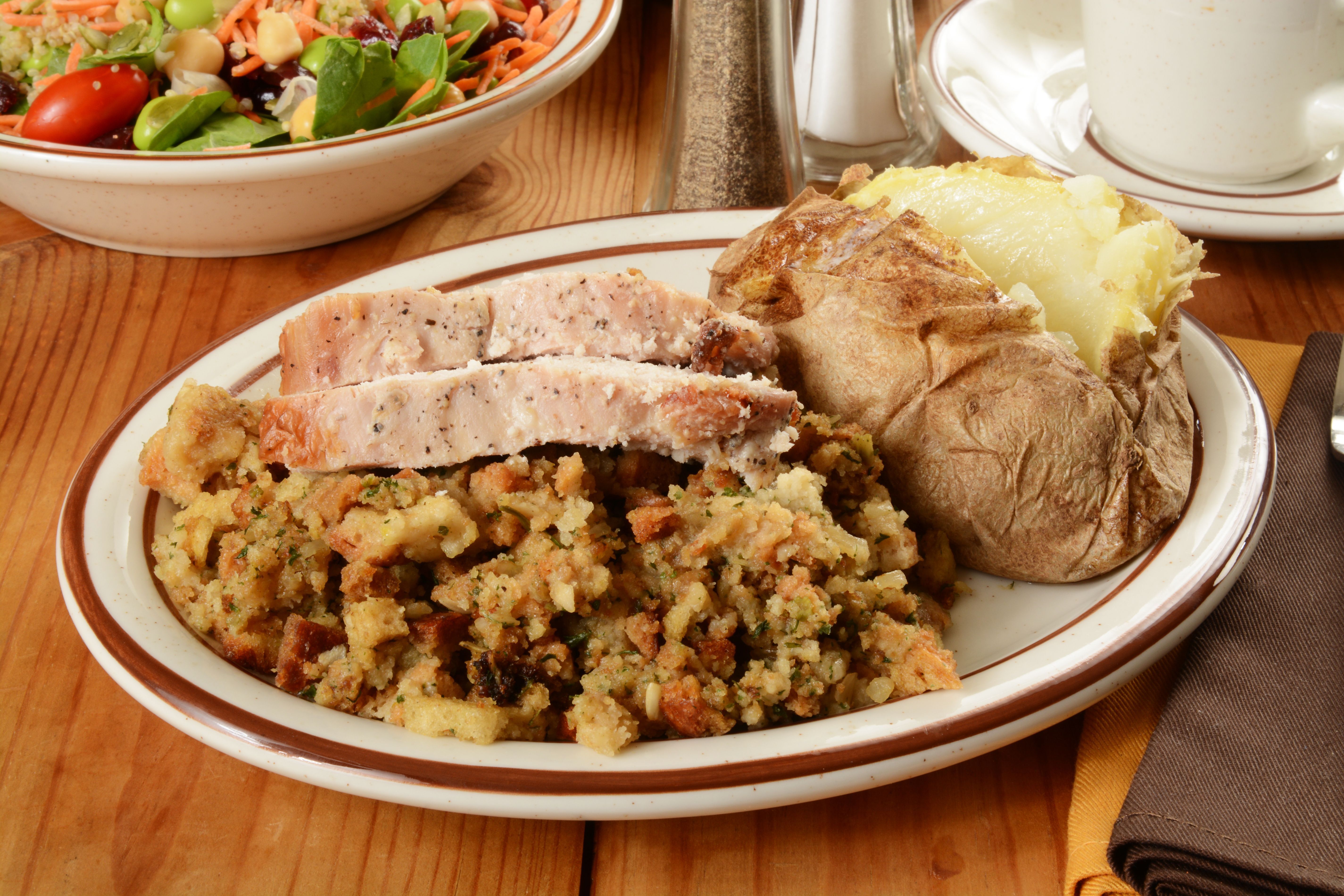
Better Sleep Through Food and Habits
Adapted from NCOA’s “Is There a Diet for Better Sleep?” originally published June 4, 2025, via NCOA.org
Sleep supports our physical and mental health, regulates emotions, and improves memory - especially as we age. Yet, 1 in 3 adults doesn’t get the recommended 7–9 hours per night.
While chronic insomnia often requires a multi-pronged approach - including medical support and lifestyle changes - certain foods may help.
Foods to Try:
- Cheese – Rich in tryptophan, magnesium, zinc, and B6. Try it with whole-grain crackers.
- Kiwi – High in serotonin and anti-inflammatory compounds.
- Nuts & Seeds – Almonds, pistachios, walnuts, pumpkin/sesame seeds are good choices.
- Brown Rice – Boosts serotonin; offers B vitamins, fiber, and magnesium.
- Tart Cherry Juice – Contains melatonin; choose low- or no-sugar varieties.
- Turkey – High in tryptophan; helps build up serotonin over time. Eat earlier in the evening.
Important Nutrients:
- Magnesium – helps produce melatonin, reduces stress hormones, and calms the nervous system.
- Melatonin – regulates your sleep-wake cycle.
- Serotonin – helps promote restful sleep and is a melatonin precursor.
- Tryptophan – an amino acid your body uses to make serotonin and melatonin.
Other Tips for Better Sleep:
- Control temperature – Cool environments support better sleep.
- Limit blue light – Avoid phones/tablets before bed; dim lights and create calm.
- Upgrade bedding – A supportive mattress can reduce discomfort and improve rest.
- Consult your doctor – Conditions like apnea, chronic pain, or depression can affect sleep.
Combining nutrient-rich foods with good sleep hygiene can make a noticeable difference in the quality of your sleep over time. Think of your diet as one more tool in your sleep toolkit.
Always consult a physician before adding a new supplement into your diet.
